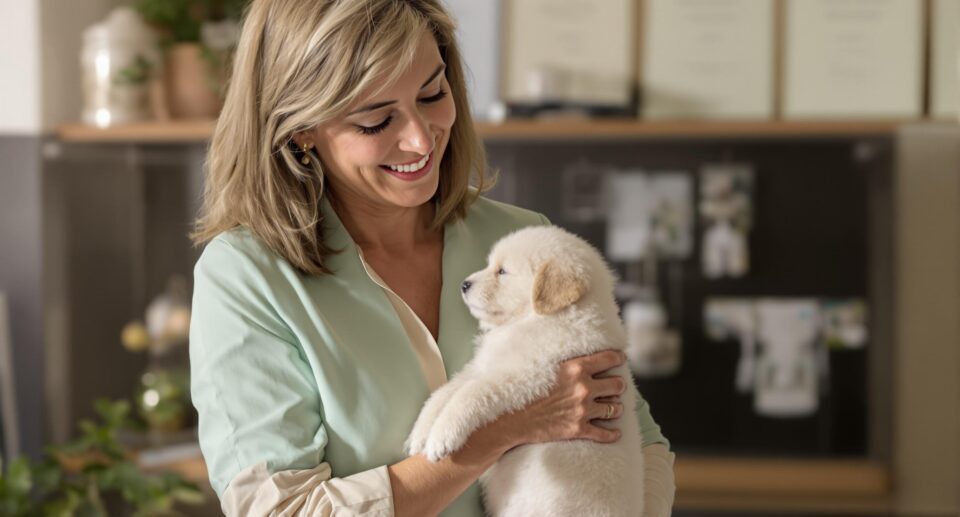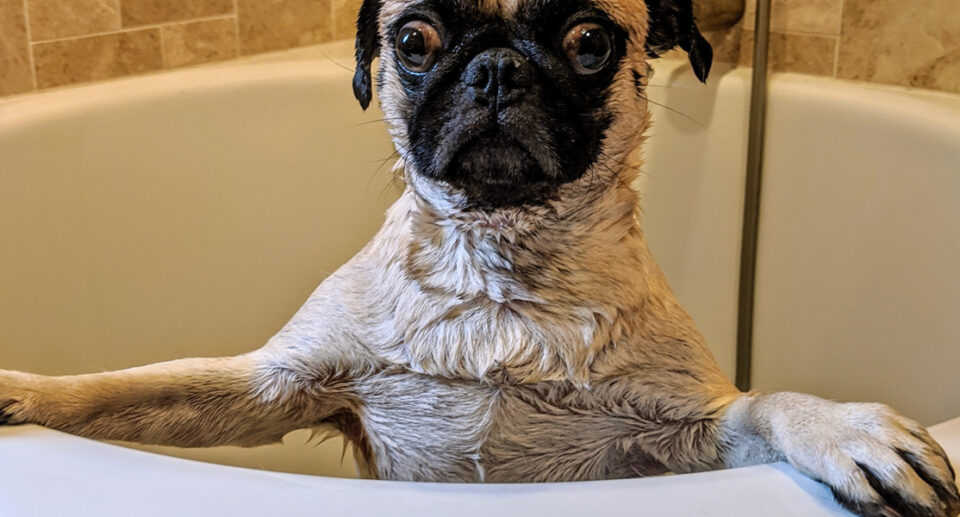How To Find A Reputable Purebred Puppy Breeder

Buying a purebred puppy from a breeder has many advantages. You might want a dog with a certain temperament or training capabilities. You might need to be able to accurately predict how big your puppy will grow to be. Or, you may need a hypoallergenic breed. Whatever the reason, purchasing from an ethical breeder is a smart choice.
Not all breeders are alike, though. Purchasing from a backyard breeder or puppy mill not only supports unsafe, unethical practices, it also means you might end up with an unhealthy puppy.
While no breeder can guarantee the lifelong health of your dog, a good breeder will visit their vet before, during, and after gestation for vaccines and deworming. They will also take great care in deciding which dogs to breed. Good breeders eliminate any dogs with behavioral issues and congenital health problems from their breeding stock.
Where To Find A Breeder
Pet stores that sell puppies are becoming less and less common. A number of cities and states have banned the sale of commercially bred cats and dogs at retail stores. A responsible breeder will never sell their puppies to a pet store. Good breeders make sure that their puppies go to families that have researched the breed and will provide all of the love and care the pup needs.
Many breeders have a waiting list. Their puppies may already be spoken for shortly after they’re born. If you’re serious about purchasing the right puppy from the right breeder, you can expect to wait a few months to a few years to bring them home.
There are several ways to find a reputable breeder. You can ask a veterinarian or groomer for a referral. Take great care when searching online for a puppy. Thousands of fake websites and social media pages deceive puppy buyers with stolen photos. Scammers take online payments with the promise of sending you a puppy via a delivery service, only to quickly disappear with your cash.
The AKC marketplace is the best online directory to find a breeder. To earn a listing, each breeder has to meet certain requirements for care and socialization. Each breed has different health testing requirements that must be met. The breeder’s listing will also tell you if they participate in any AKC clubs or competitions, and whether they have earned additional certifications through the AKC Breeder of Merit program or AKC Bred with H.E.A.R.T. Program.
Questions To Ask When Buying A Purebred Puppy
When you connect with a breeder, you should be armed with knowledge about the breed. Expect a good breeder to ask you questions like: Do you live in a house or an apartment? How much attention, training, and exercise can you provide each day? What other pets live in your household? Who will be the primary caregiver?
In turn, the breeder should be willing to answer any questions you have about their breeding program. Asking questions is a sign that you’re a good potential puppy parent, so they should take no issue with you being thorough.
Each breed has a National Breed Club with its own set of requirements of recommendations. Some, but not all breed clubs participate in the Orthopedic Foundation for Animals (OFA) Canine Health Information Center (CHIC) Program. This program pairs each breed with a list of recommended health screenings. Results of screenings are available in their public online directory. If your breeder is not listed in the directory, ask them to provide other proof that their dogs have been screened.
Some breeders also do genetic testing to find out if dogs in their breeding stock are carriers for certain congenital health conditions. This is not required, but it’s a big plus.
You should also ask your breeder if they recommend any particular diet, or if they require the puppy to not be spayed or neutered until they are fully grown. Every breeder has their own set of values and standards. If one breeder is not a good fit for your ideals, the next one might be.
Other Ways To Find A Purebred Dog
Purchasing from a breeder can be expensive and time-consuming, but it’s well worth it. If you do not have success finding a puppy from a breeder, a breed-specific rescue can help you find a fully grown purebred dog in need of a home.
You can sometimes get lucky and find a purebred dog at a shelter. They may have originated from a backyard breeder or a puppy mill, though. If the dog did not arrive with their papers upon intake, they may not be truly purebred. A dog can look purebred to the untrained eye, but may actually be a mutt. If these factors are not deal-breakers for you, consider adopting your next family dog.





